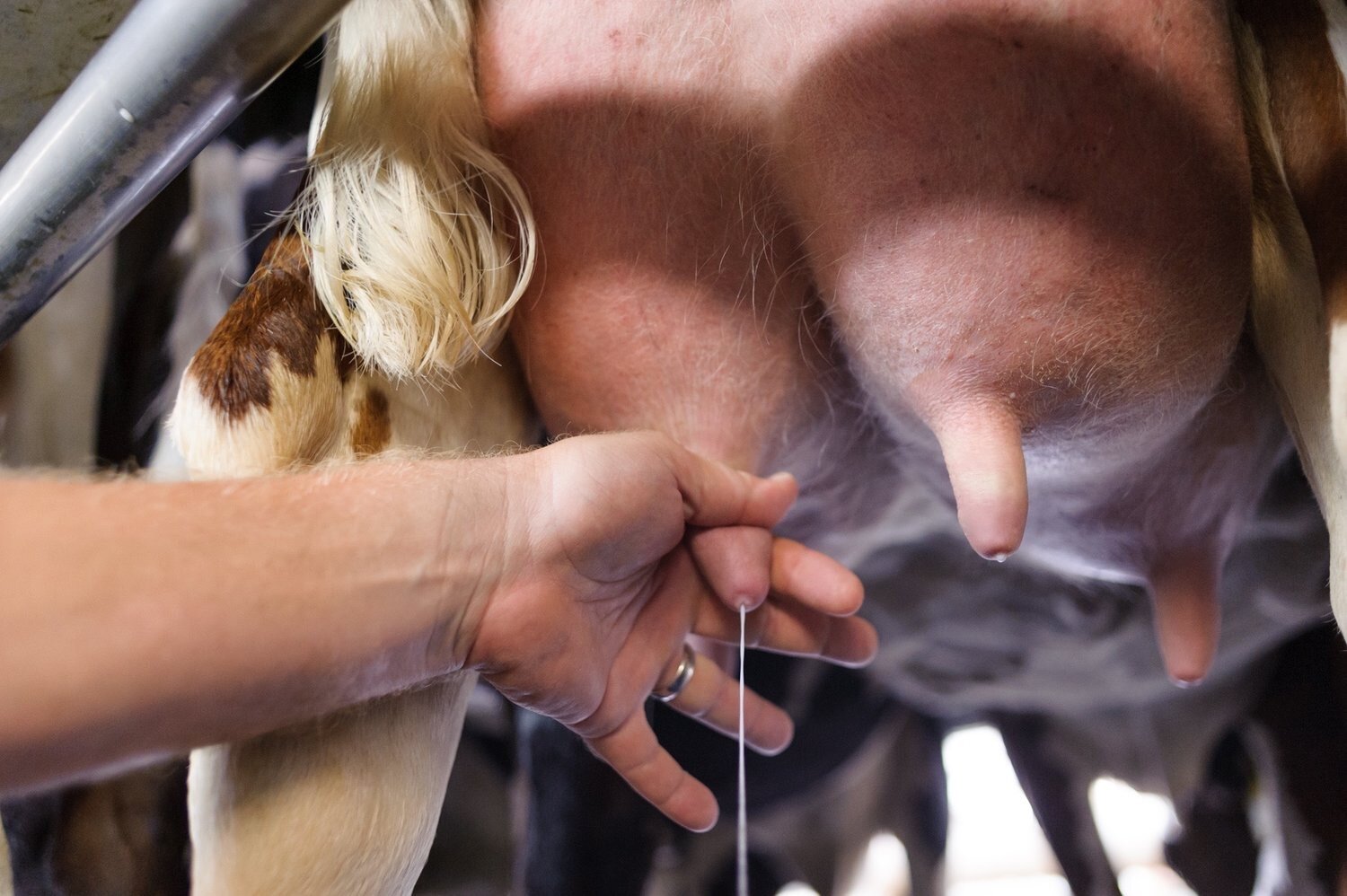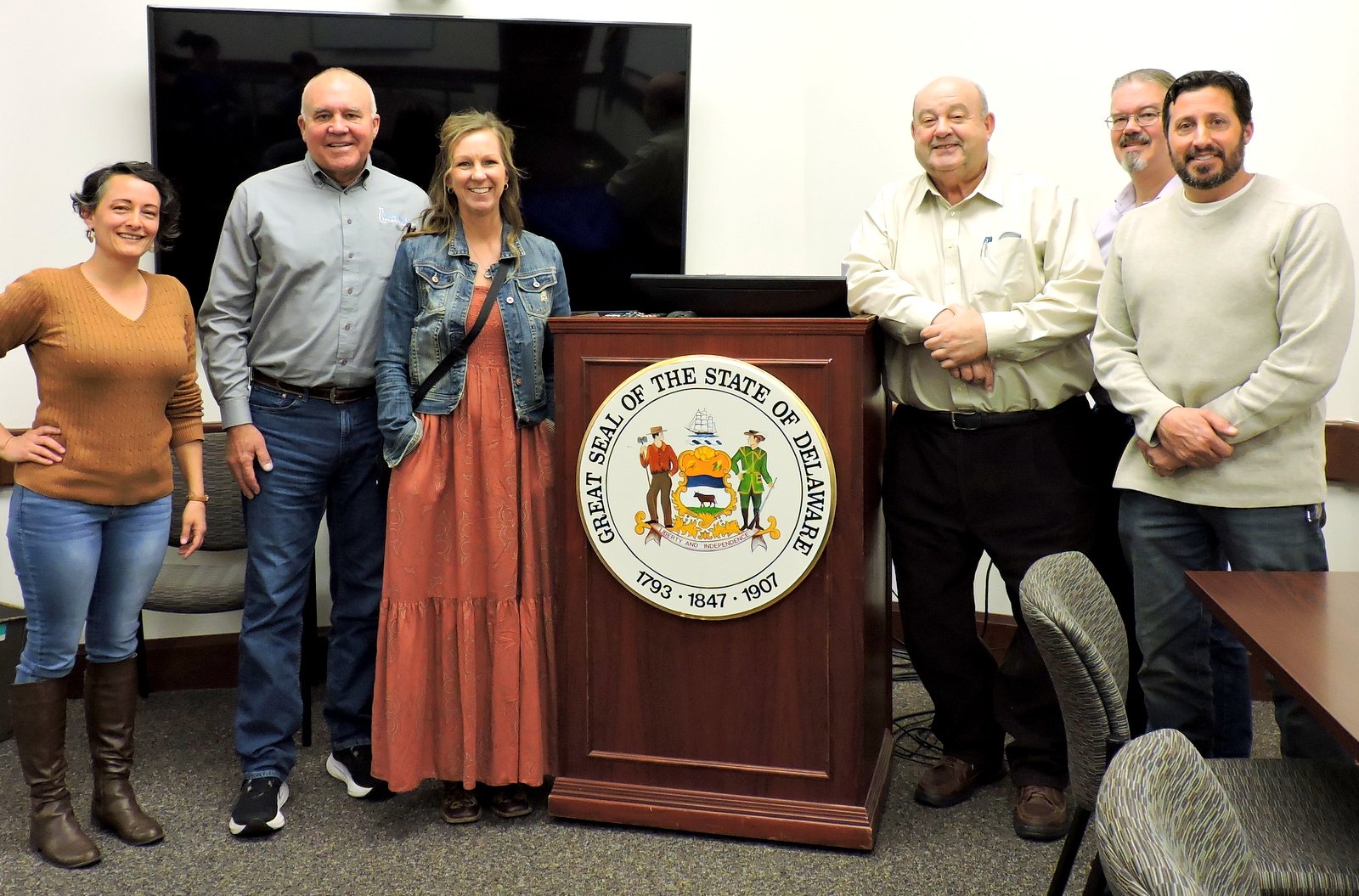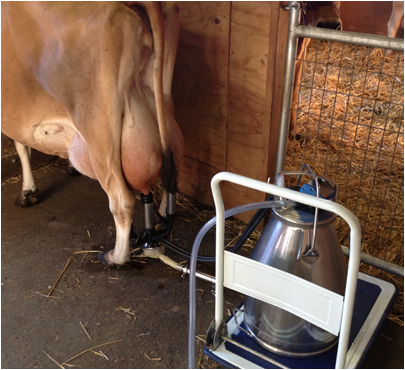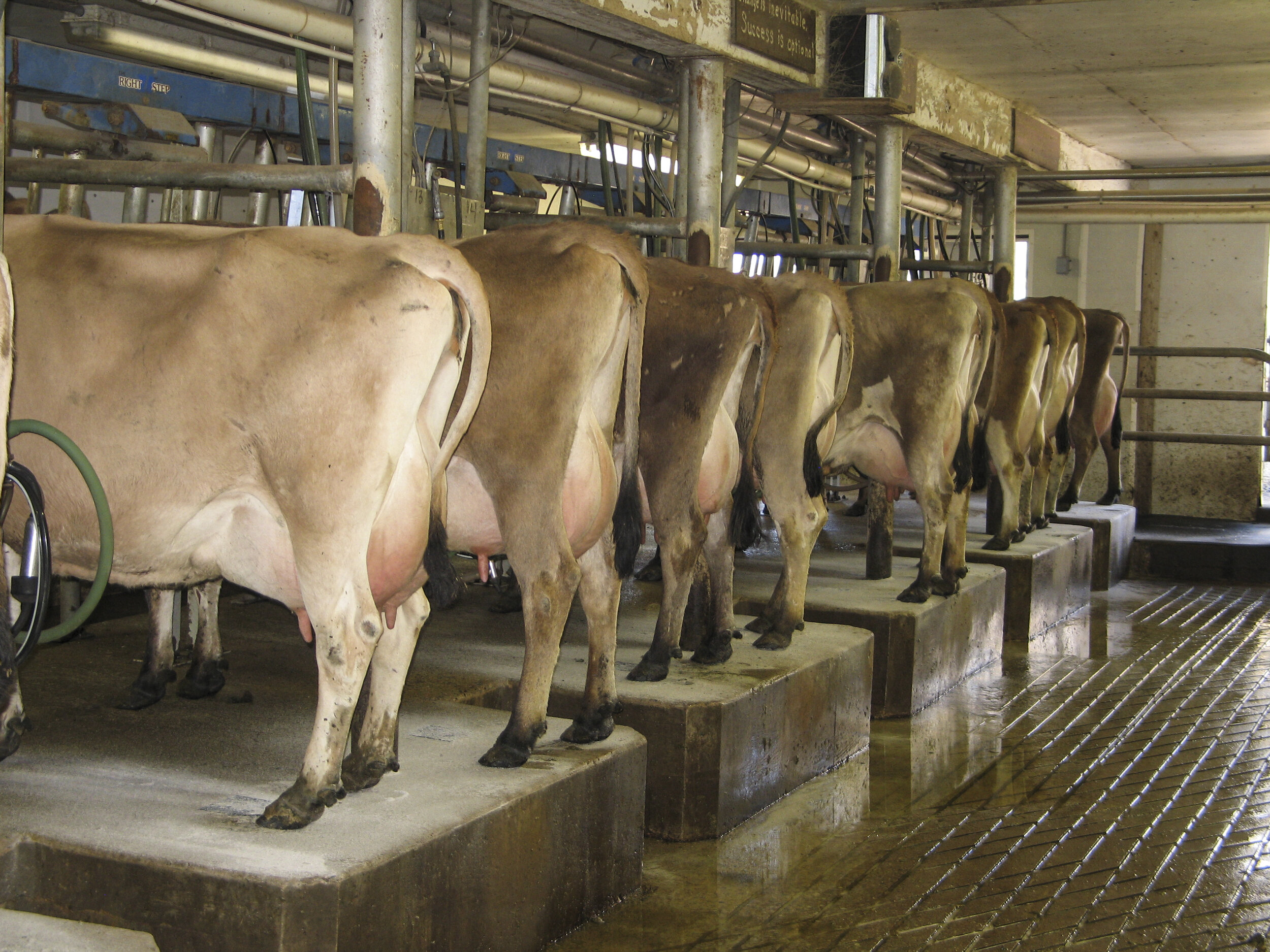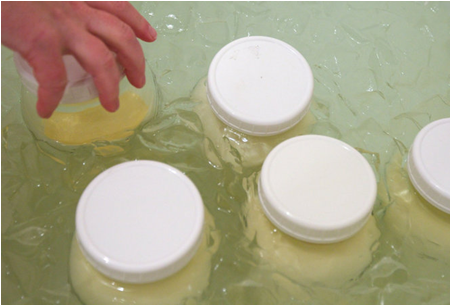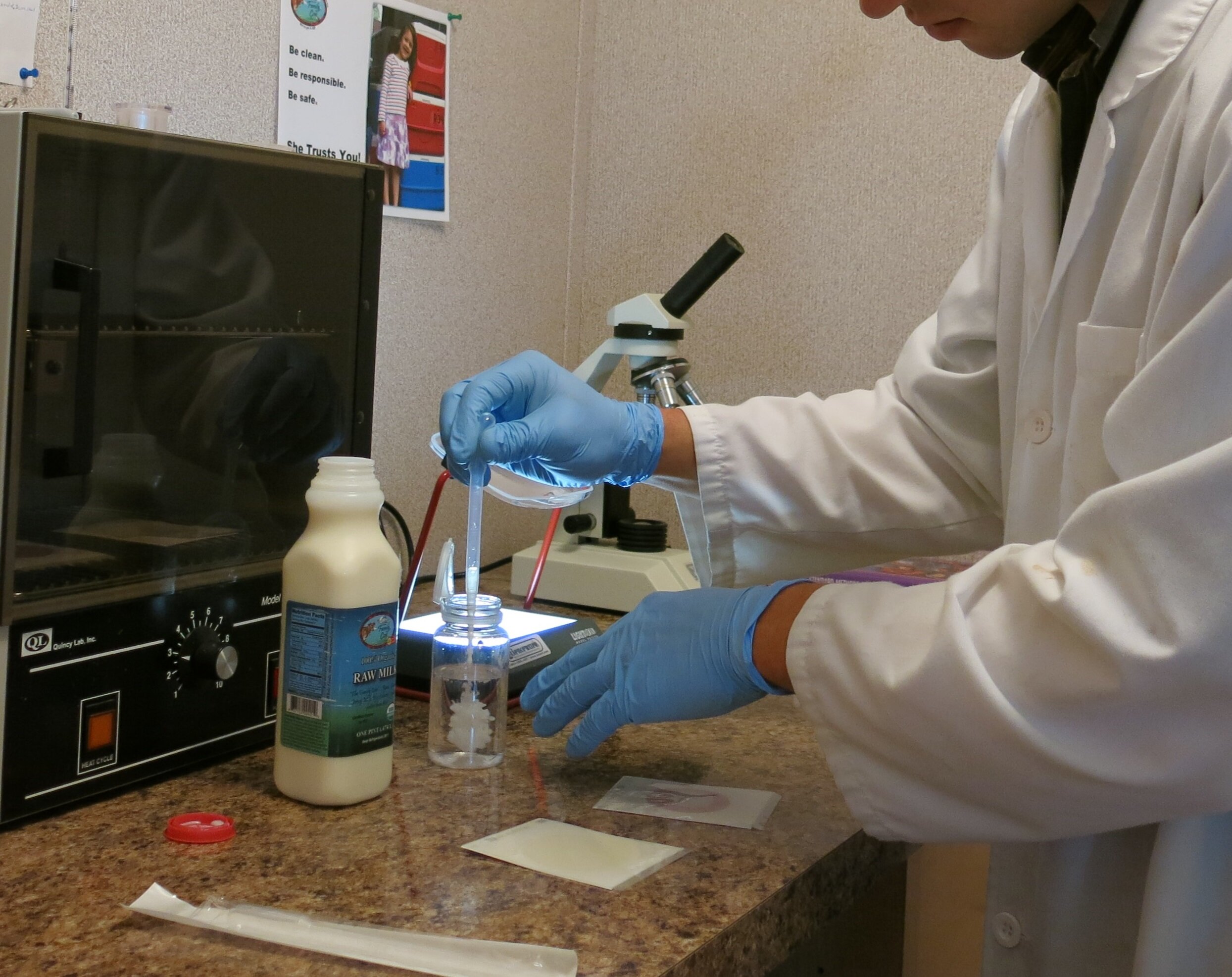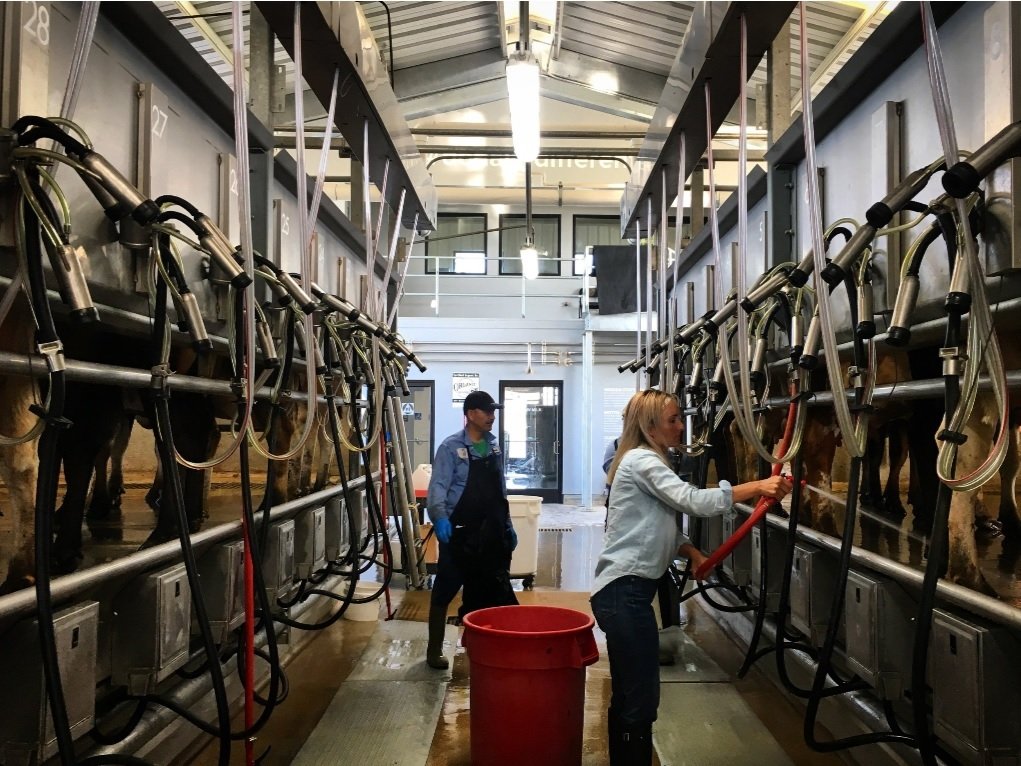The Raw Milk Institute (RAWMI) is on a mission to improve the safety and quality of raw milk and raw milk products through farmer training, rigorous raw milk standards, raw milk research, and improving consumer education. In 2024, RAWMI received a grant for $42,500 from the Regenerative Agriculture Foundation (RAF) to further our work. RAWMI accomplished the following in the last year.
Presented a 3-hour seminar on World Class Raw Milk at the PASA Sustainable Agriculture Conference in Lancaster, Pennsylvania to 45 farmers from Pennsylvania, New Jersey, New York, Maryland, and Delaware
Trained hundreds of farmers, families, legislators, university professors, and consumers on raw milk benefits and risk management via our internet-based video resources, for a total of 6,432 views of our videos with over 808 hours of watching time
Presented about raw milk benefits and risk management to students at Rutgers University in class on “Fertile Soil to Fresh Milk, Science, Standards, and Policy”
Attended the International Milk Genomics Consortium Symposium and were cordially invited to speak at the 2026 conference in Oregon
Served as the raw milk hotline for farmers in need across the USA and Canada
Developed guidance for farmers to safely navigate avian influenza affecting dairy herds
LISTED thirteen farms in who we mentored through the process of developing individualized Risk Assessment and Management Plans (RAMP) for managing the health and hygiene of their unique farms
Bells Bend Farms in Tennessee
Canaan Farm in Missouri
Mini Mosaic Acre in Missouri
Mountain Heritage Farm in Tennessee
Raising Arrows Creamery in Nebraska
Raspberry Lane Ranch in Idaho
Westerlook Farm in Oregon
Blueberry Dairy in Tennessee
Milk Creek Dairy in Tennessee
Towering Oaks Farm in North Carolina
Redmond Heritage Farms in Utah
Atkins Raw Milk Dairy in Iowa
Anonymous Farm in Wisconsin
Provided one-on-one mentoring in the production of low-risk raw milk to over 55+ additional farms in 25 states (Florida, Idaho, Illinois, Indiana, Iowa, Kansas, Kentucky, Louisiana, Maryland, Michigan, Minnesota, Missouri, Montana, Nebraska, North Carolina, Ohio, Oregon, Pennsylvania, South Dakota, Tennessee, Texas, Virginia, Washington, Wisconsin, Wyoming), New Brunswick Canada, Azores in Portugal, and Lebanon
Provided 40+Essential Principles for Low-Risk Raw Milk booklets to farmers in 30 states (Alabama, Arkansas, California, Florida, Hawaii, Iowa, Illinois, Indiana, Kansas, Kentucky, Louisiana, Maryland, Michigan, Minnesota, Missouri, North Carolina, New Jersey, New Mexico, New York, Ohio, Oklahoma, Oregon, Pennsylvania, Tennessee, Texas, Utah, Virginia, Washington, Wisconsin, West Virginia, and Wyoming), British Columbia Canada, Queensland Australia, and United Kingdom
Hosted quarterly meetings for LISTED farmers, which allow the farmers to stay up-to-date on the latest lessons learned for safe raw milk
Amassed hundreds of raw milk test data from LISTED farms to further raw milk research
Provided educational support towards increased legal access to raw milk in North Carolina, Ohio, and Wisconsin
Published 17 articles on raw milk benefits, testing, legalization, and risk management strategies
Provided $500 on-farm lab sponsorships to 9 family farms in Iowa, Florida, Kansas, Kentucky, Oregon, South Dakota, Texas, Wyoming

















